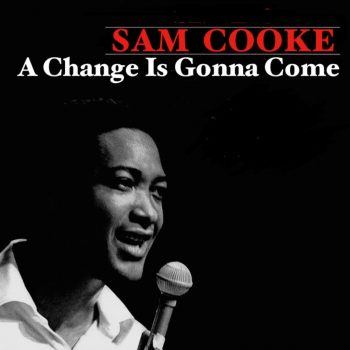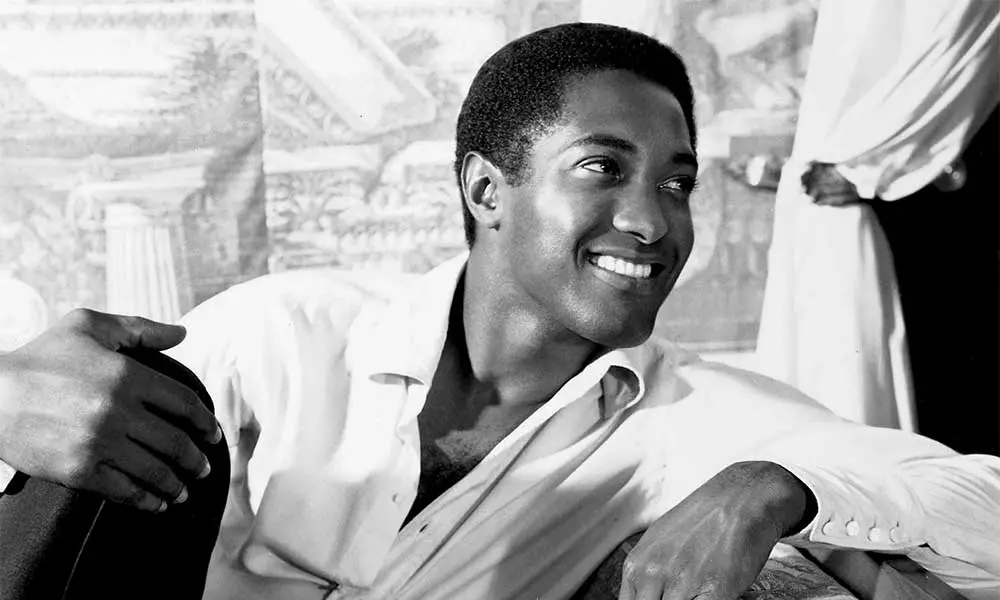“A Change is Gonna Come” powerfully exudes an evergreen optimism; the song longingly delineates fighting for a better world, a world that we are still fighting for today.
Listen: “A Change is Gonna Come” – Sam Cooke
Black Lives Matter.
This is a statement of fact – and yet, it is something that causes such controversy within our culture that people continue to die from it. The Movement has created such a stir within our society that it feels irrevocably linked to it. The civil unrest that ignited last summer in the wake of George Floyd’s murder has awakened a collective consciousness of social justice that can’t be ignored. The pain that has long been felt by Black folks has finally reverberated through to the mainstream, and change feels more plausible than ever. And while there is still so much work left to do, we can, at least, uphold accountability in a more tangible way.

The desires and calls for actionable change have been long subsisting; the Civil Rights Movement of the mid-twentieth century cried out for equity and exists in our history books as a catalyst for change (although, we all know that these cries go back so much further). Amidst this movement, and relevant to our current one, it seems that no song better exemplifies this call for equity better than Sam Cooke’s “A Change is Gonna Come.” Released during the peak of the Civil Rights Movement, “A Change is Gonna Come” powerfully exudes an evergreen optimism; the song longingly delineates fighting for a better world, a world that we are still fighting for today.
“A Change is Gonna Come” feels as modern as it does timeless, pleading for fairness in an unfair world. This sentiment is most openly and succinctly expressed within its short chorus, as Cooke croons, “It’s been a long time coming, but I know / A change gon’ come, / oh yes it will.” As this chorus is repeated throughout the song, one can’t help but feel hopeful that the change truly will come.
The song’s second and third verses paint a different picture, however; a picture that still remains true to this day. The third verse sees Cooke trying to enjoy his life but being stopped by someone who doesn’t want him around simply because he’s Black; in the aforementioned second verse, Cooke laments:
It’s been too hard livin’,
But I’m afraid to die
‘Cause I don’t know what’s up there
Beyond the sky
Cooke, unfortunately, met an untimely end when he was murdered in his hotel room in 1964 – just a few months after he recorded “A Change is Gonna Come.” It almost feels like an ominous premonition, as Cooke capitulated his fears of dying simply because he’s a Black man. “A Change is Gonna Come” was ultimately released just 11 days after the singer’s death, further highlighting the weight of Cooke’s words, and furthermore his legacy.
Our country’s systemic racism is deeply-rooted and long-standing, and while we have made significant strides toward a more equitable society, there is still so much work left to do. “A Change is Gonna Come” powerfully and potently explicates this plight of inequity, capturing the persistent sentiments of the Black community that have been long called for. Sam Cooke’s soulful cadence further drives the emotionality of the narrative, delineating a cultural heartache that has reverberated for decades, if not centuries.
In the song’s third and fourth verses, Cooke further describes this intrinsic bias, stating first in the third verse: “I go to the movie / and I go downtown / Somebody keeps tellin’ me, / ‘don’t hang around.’” The fourth verse then goes even deeper, as Cooke croons:
Then I go to my brother
And I say, “Brother, help me please”
But he winds up
Knockin’ me
Back down on my knees
Lor’, there been time that I thought
I couldn’t last for long
But now I think I’m able to
Carry on
Racial prejudice permeates deep within America’s sociocultural and political history. Cooke’s open dialogue about the constant profiling and bias faced by the Black community has transcended even the time in which it was released; “A Change is Gonna Come” could easily have been released today and still maintain its same impenetrable efficacy.
Artists throughout the years have similarly illustrated narratives of racial injustices, but none seem to permeate as deeply and as ubiquitously as Cooke. Cooke’s unmatched soulfulness explicates the Black Lives Matter Movement as acutely and accurately as it did the Civil Rights Movement, flowing seamlessly through space and time and accentuating the connectivity of it all. “A Change is Gonna Come” serves as a harbinger of promise and pain that run concurrently together, denoting a dichotomy that aims to show these obvious and assiduous discrepancies.
There is still yet so much work left to do to achieve an equitable and fair society. Our sociocultural and sociopolitical fabric is so deeply ingrained with prejudice; it will take many more years to see the world that we fight so hard to have. We must continue to extend beyond performative allyship and put in the real work. If we do, then – as Cooke would say – a change is gonna come.
Listen: “A Change is Gonna Come” – Sam Cooke
— — — —
Discover new music on Atwood Magazine
? © Wally Seawell 1963
:: Stream Sam Cooke ::









